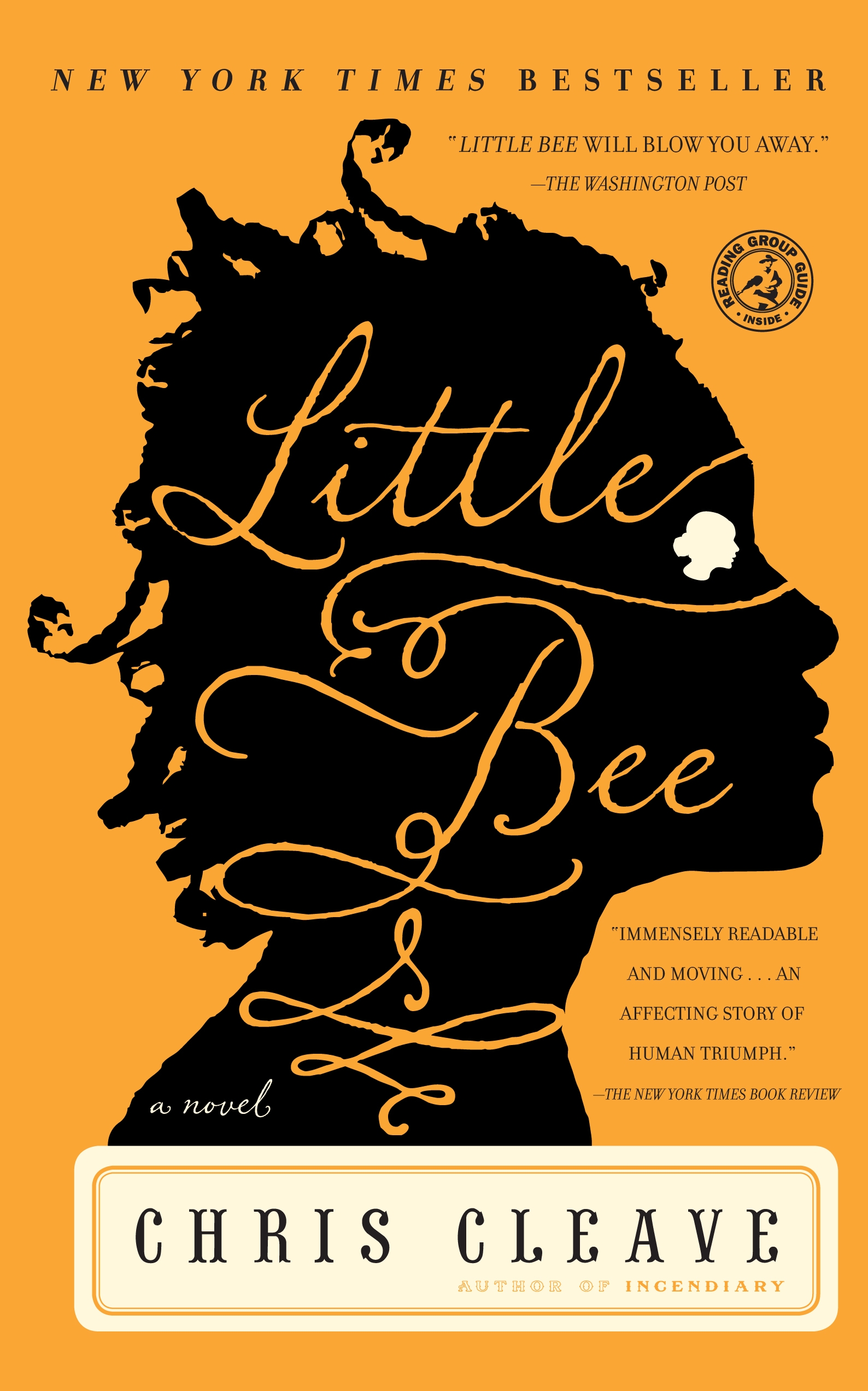22 Feb / Little Bee by Chris Cleave

 Having finished one Chris Cleave novel, I had to immediately start another without even missing a step (literally, as both books were loaded one after the other on the iPod – with Little Bee narrated with careful control by Anne Flosnik – and I was out running again). Now having to wait for Cleave’s next will require some (challenging) patience indeed. If you see a third title of his, The Other Hand, it’s actually not a third novel … that was the original UK title. Hurry up and wait!
Having finished one Chris Cleave novel, I had to immediately start another without even missing a step (literally, as both books were loaded one after the other on the iPod – with Little Bee narrated with careful control by Anne Flosnik – and I was out running again). Now having to wait for Cleave’s next will require some (challenging) patience indeed. If you see a third title of his, The Other Hand, it’s actually not a third novel … that was the original UK title. Hurry up and wait!
Little Bee is 14 when she arrives in the UK from Nigeria, spending her first two years in an immigration detention center outside London. Upon erroneous release, she walks to the one UK address she possesses, where a British couple she originally met on a Nigerian beach, lives with their Batman-costumed little boy. Who she is, who the couple are, why she is there, how their lives intertwine is a disturbing, nightmare-inducing experience you can’t forget.
Cleave’s characters are humanly flawed (although the women certainly fare better than the men). Their story is at turns horrific and haunting, hopeful and promising. Most memorable of all, as with his debut Incendiary, is Cleave’s writing, a shockingly effective blend of unblinking observations and heartbreaking insight.
Check out some of these sentences if you need more convincing:
“We must see all scars as beauty. Okay? This will be our secret. Because take it from me, a scar does not form on the dying. A scar means, I survived.”
“Death, of course, is a refuge. It’s where you go when a new name, or a mask and cape, can no longer hide you from yourself. It where you run to when none of the principalities of your conscience will grant you asylum.”
“We never tasted tea in my village, even though they grow it in the east of my country … I think all of it is exported. Myself I never tasted tea until I was exported with it.”
” …I stirred in the milk, the spoon clinked against the china, and I realized I was losing the habit of being Andrew’s wife …”
“… it all seemed insane, like wearing a little green bikini to an African war.”
“…the boy’s father had dark skin, darker than even my own, and the boy’s mother was a white woman. They were holding hands and smiling at their boy, whose skin was light brown, it was the color of the man and the woman joined in happiness.”
” … how was I supposed to tell him how all the bad stories begin, ‘The men came and they ….?'”
“‘Peace is a time when people can tell each other their real names.'”
Now, that you’ve had a glimpse, you must go read (or listen to) the rest, word for word. Be warned: the story won’t let you go until you’ve finished the final page … and even still, you’ll be making up your own ending again and again and again …
Readers: Adult
Published: 2009
